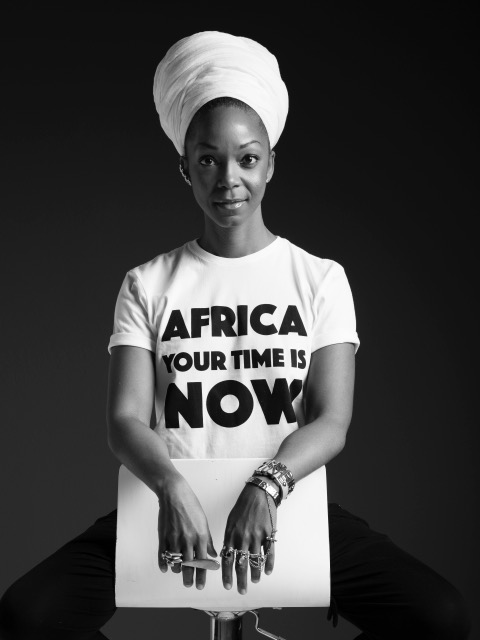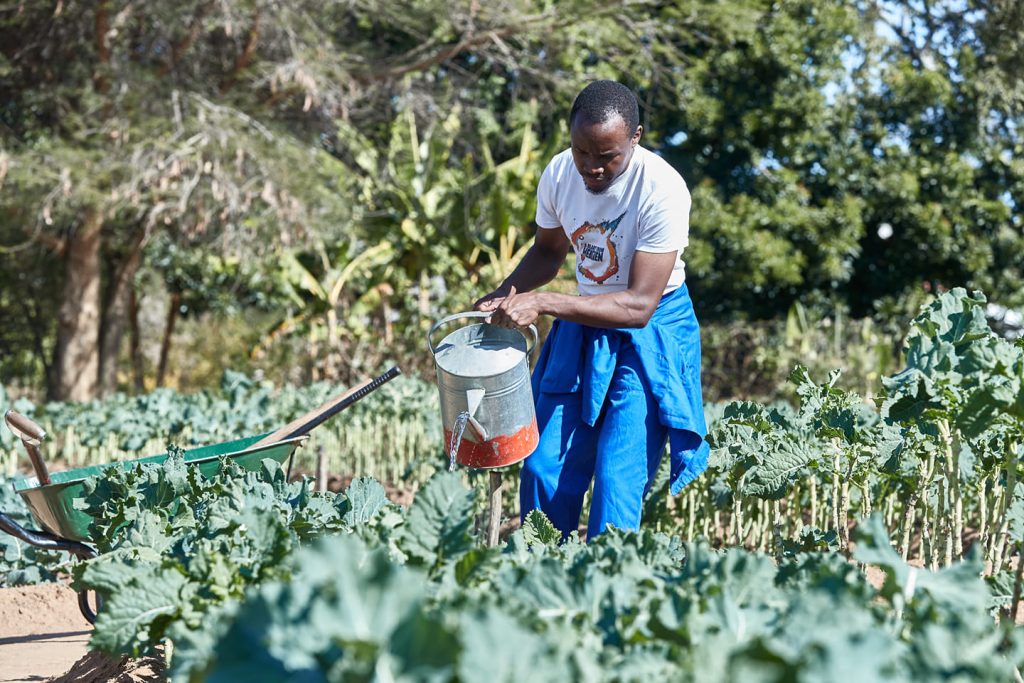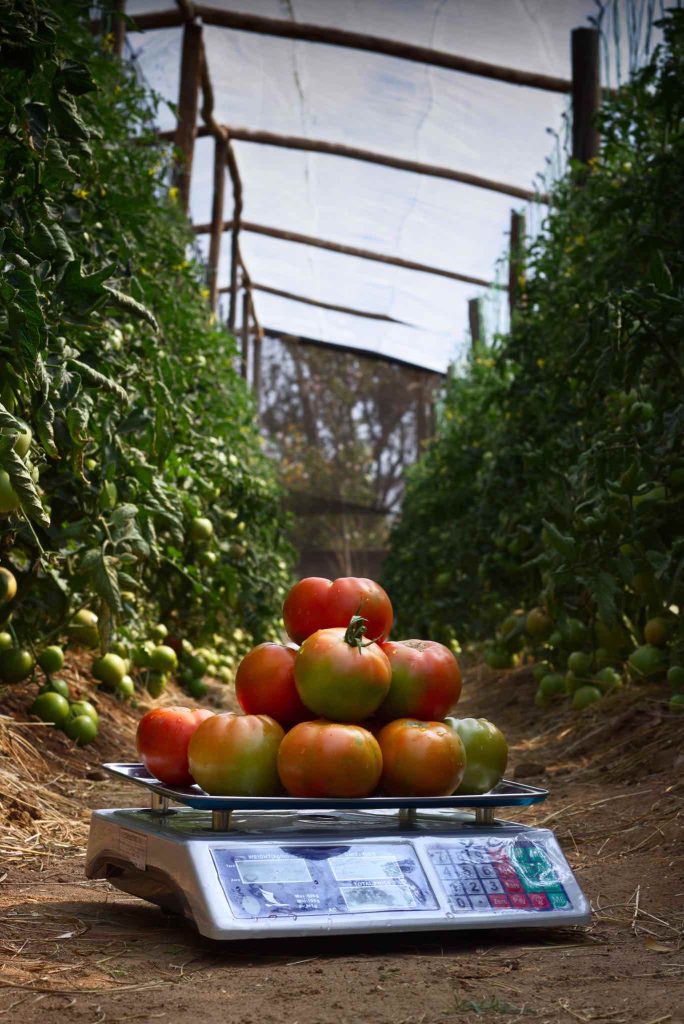
On the 25th day of May in 1963, a group of African leaders convened a summit in Addis Ababa, Ethiopia, to discuss a way to forge a united African front that would fight for the liberation of all African states from colonial rule.
60 years later, the organisation is still existing and the principal goal of AU , formerly OAU , is still pretty much the same as it’s forbearer’s, which is to fight for the liberation of Africa. Only that, this time around, it’s economic liberation. That objective is enunciated in the Agenda 2063 initiative, which lists economic development and poverty eradication within a whole generation as one of it’s goals.
A continent endowed with vast tracts of fertile land, Africa counts agriculture as one of its viable drivers for economic transformation and sustainability. It is a key sector with the potential to single-handedly turn around the fortunes of Africa’s 1 billion citizens.
In commemoration of Africa Day, My Afrika Magazine casts the spotlight on the continent’s young luminaries doing great in the field of agriculture and allied enterprise.
Swaady Martin-Leke, is one of Africa’s young female agro-entrepreneurs who are serving as proof that agriculture and value addition can be the key to unlock Africa’s potential to realise the African Dream.
Swaady, originally from Côte d’Ivoire in West Africa, is the founder and force behind YSWARA, an African inspired luxury brand with a global market, housed under the SWAADY Group.
Based in South Africa, Yswara specialises in fine tea, whose flavours are curated with artisanal finesse and dexterity.
Described as a “social enterprise that seeks to transform African agricultural commodities”, Yswara was born out of the need to keep the value of those commodities within the economy of the motherland and directly contribute to employment opportunities down the long production chain.
Africa is the third biggest producer of tea in the world, but ironically, the bigger chunk of the product’s value is lost to overseas as most of the tea is exported in raw form. It’s a commodity trap which has dogged the African markets for years.
It is this vicious trap which Swaady, through Yswara, is committed to reverse and lead by example in the creation of lucrative opportunities for Africa’s farmers and widen the horizons of possibilities for young agro-preneurs on the continent.
The luxury tea brand is currently focused on increasing global demand and export of premium value African teas from 1% to 5 % in ten years , which price ranges from $20-$120 per kg. On the export auction market, where the bulk of Africa’s tea is sold, a kilogram fetches between $1 to $2.50.
With over two decades experience in the corporate world, Swaady has been a recipient of many prestigious accolades in recognition of her hardwork and innovation. She has her name on Oprah Winfrey’s “O Power List” for Africa, was named one of the “20 youngest power women in Africa” by Forbes, among other many laurels she carries on her head.
“I was born in a family of change-makers. My parents nurtured a strong sense of consciousness and responsibility to make the world a better place, starting from within”, Swaady says.
An experienced tastemaker, Swaady exclusively creates Yswara’s signature blends herself. Sourced and curated from Africa’s best tea plantations, the unique ingredients include rooibos, honey-bush, buchu, kola nut, wild yam, etc.
The success story of Yswara, an ambitious enterprise led by a young woman, is indeed a testament to the notion that the long envisaged African Dream is achievable, and agriculture , with deliberate value addition mechanisms in place, can be the accelerant towards the realisation of Africa’s total economic emancipation. It also supports the talk of young people being the future of this continent.
THE FUTURE IS GREEN
The past decade has seen more and more young people venturing into agri-business, not as a casual side hustle or a gap-year activity, but full-time farming.
In Zimbabwe, the aftermath of the fast-track land reform of the early 2000s has seen more and more young people coming into the fields to get their hands dirty, straight from college. Like William Madudike, a young farmer specialising in tomato production.
A holder of an Agricultural Engineering degree, Madudike agrees that the land reform program in Zimbabwe has revolutionised things in terms of land access and how young people view farming.
“The (land) revolution in terms of productivity itself has motivated and encouraged young people to go into farming and to see farming as a business and as a proper life-time employment opportunity”, Madudike told My Afrika Magazine in an interview.
Although many of these young start-up farmers don’t have title ownership to the pieces of land they farm on , they won’t stop tilling the land with hopes that one day they will transform into proud landowners and be eligible for financing from commercial banks.
In the meantime, they will have to make do with joint-venture partnerships while some are farming on their parents’ land.
Finding the right markets that pay the right money for agri-products is also one of the biggest challenges faced by young farmers in Africa. Many struggle to break into the export market, which is often girded in red-tape, forcing the young farmers to sell their produce for a song to unscrupulous middlemen known as “makoronyera” in Zimbabwean colloquialism.
But luckily, most young farmers are tech-savvy and they have embraced technology to connect their produce with the right market in a costless way.
“Markets have improved , especially because of the efficiency of our systems in horticultural products for example.”, Madudike explained.
“Digitalisation has also brought about a lot of revolution in terms of marketing of our produce and access to markets”.
With an estimated 60% of Africa’s population being under the age of 25, Africa in general is a young continent, the youngest in the world. It is then only imperative that the struggle for the attainment of the long-awaited African Dream be prosecuted by the young people from the dirty trenches of agriculture. Now is the time to put the shoulder to the plough and till the land like William Madudike, and brand the continent’s value like Swaady Martin.






